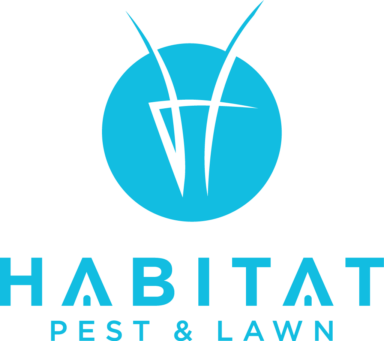Mites can cause significant damage to your yard, affecting the health of plants and the overall appearance of your garden. If you suspect a mite infestation, here’s how to effectively manage and eliminate these pests:
Identify the Mites
- Recognize the Signs: Mites cause yellow or bronze speckles on leaves, webbing, and stunted plant growth. Identifying the type of mite, such as spider mites or clover mites, helps in choosing the right control method.
- Inspect Regularly: Use a magnifying glass to spot these tiny pests. Check the undersides of leaves and other hidden areas where mites typically reside.
Cultural Practices
- Watering: Mites thrive in dry conditions. Regularly water your plants to maintain high humidity, which can deter mites.
- Pruning: Remove and dispose of heavily infested plant parts to prevent the spread of mites. Pruning also improves air circulation, reducing mite habitats.
- Mulching: Apply mulch around plants to retain moisture and create a less favorable environment for mites.
Biological Control
- Natural Predators: Introduce beneficial insects like ladybugs, lacewings, and predatory mites to your garden. These insects feed on mites and help control their population naturally.
- Attract Predators: Plant a variety of flowering plants to attract natural predators. Maintaining a diverse garden ecosystem supports predator populations.
Chemical Controls
- Miticides: For severe infestations, use miticides. Choose products that are safe for beneficial insects and follow the instructions carefully.
- Insecticidal Soaps and Oils: Use insecticidal soaps and horticultural oils as a less toxic option. These products can suffocate mites and are safer for the environment.
- Rotating Chemicals: Rotate between different types of miticides to prevent resistance and follow an integrated pest management approach.
Mechanical Controls
- Increase Humidity: Regularly hose down plants to increase humidity and wash off mites. This method is particularly effective for spider mites.
- Physical Barriers: Use barriers such as nets or row covers to protect plants from mite infestation.
Yard Clean-Up
- Debris Removal: Clean up plant debris, fallen leaves, and other organic matter that can harbor mites. Proper yard maintenance reduces mite habitats.
- Weed Control: Keep weeds under control, as they can serve as alternate hosts for mites.
- Seasonal Cleanup: Perform a thorough cleanup at the end of each growing season to remove potential mite habitats and reduce the likelihood of overwintering mites.
Professional Help
- Expert Assistance: If your mite problem persists despite your efforts, consider seeking professional help. Pest control experts can provide advanced treatments and strategies to manage severe infestations.
- Regular Monitoring: Professional services often include regular monitoring and follow-up treatments to ensure the mite problem is fully resolved and does not recur.
Managing a mite problem in your yard involves a combination of identification, cultural practices, biological and chemical controls, mechanical methods, and yard clean-up. By maintaining plant health, using integrated pest management techniques, and seeking professional help when needed, you can effectively control and prevent mite infestations. A proactive approach will help ensure a healthy and thriving garden, free from the damage caused by mites.

